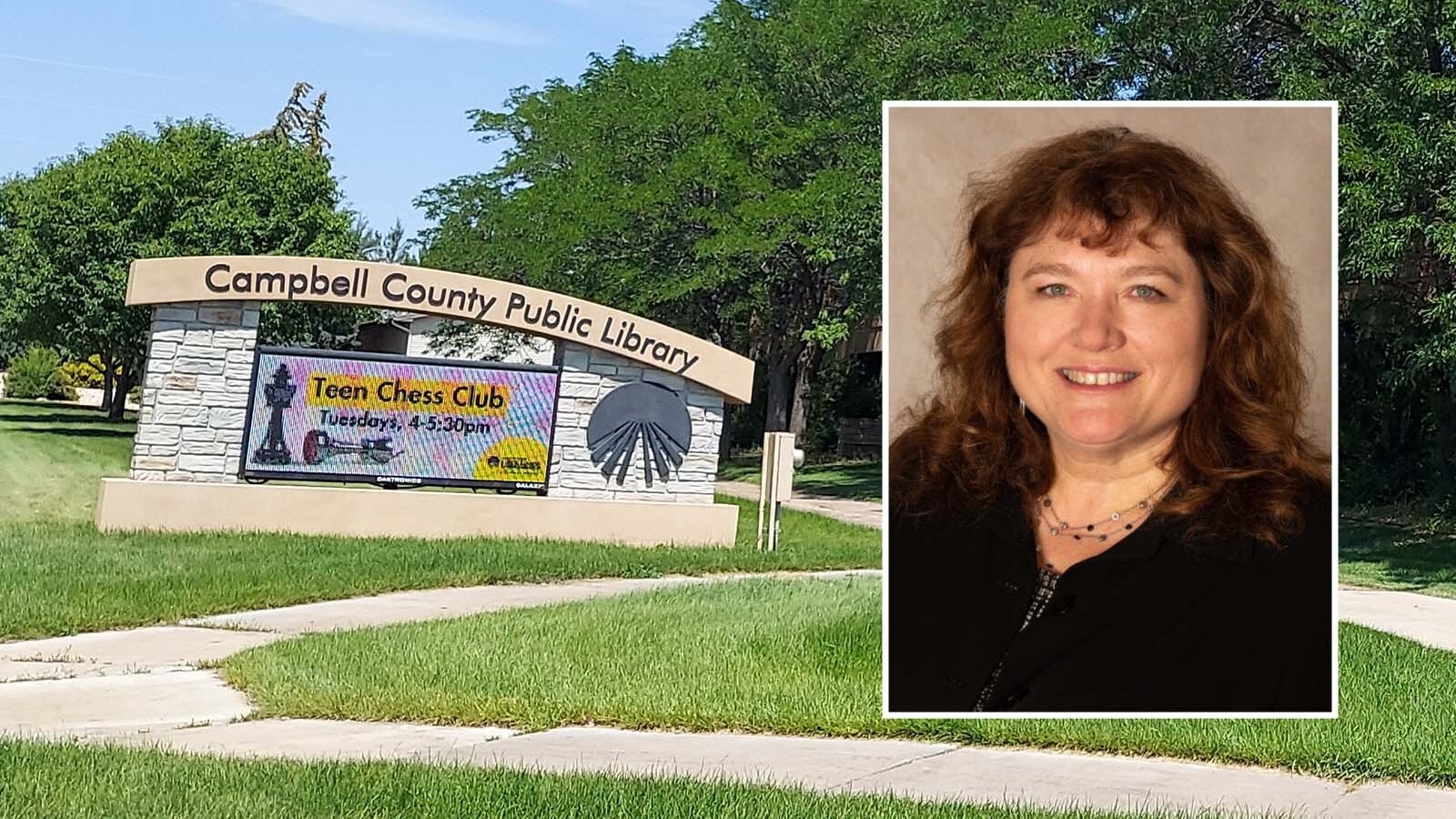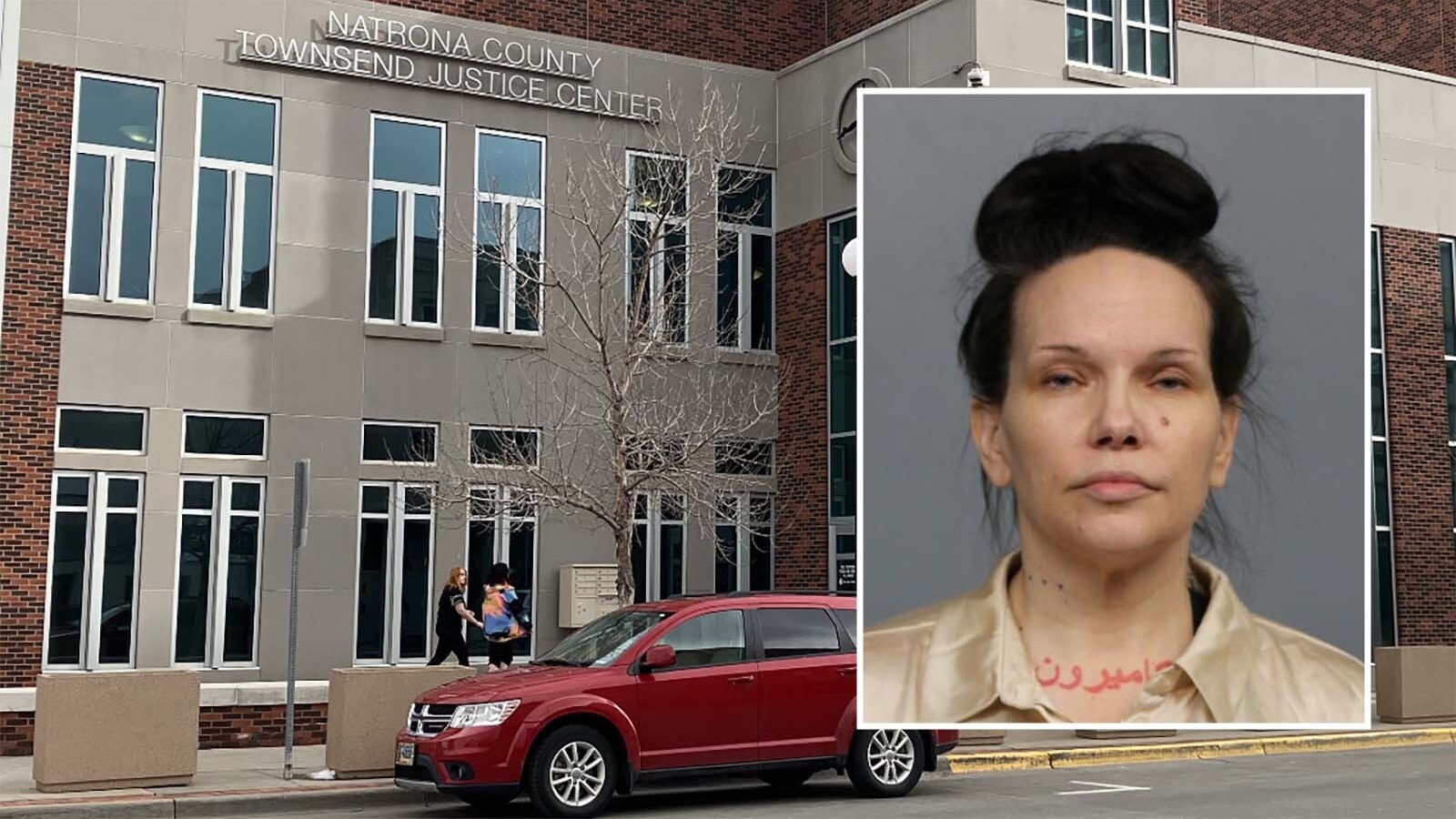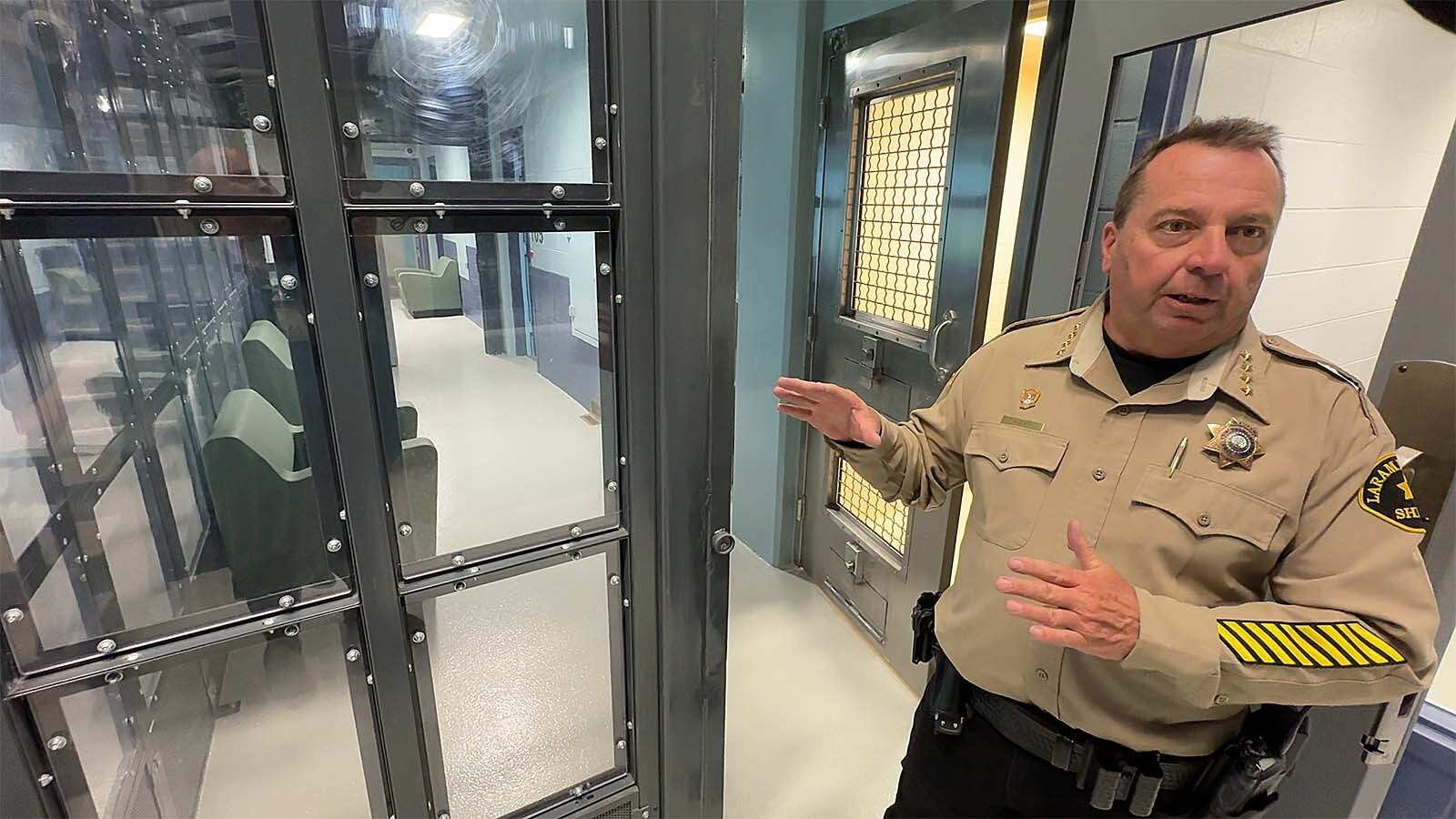When the U.S. Supreme Court upheld an Idaho law Monday that bans transgender surgeries on minors, it set a legal precedent that could impact a similar law recently passed in Wyoming.
With its decision, the high court allowed neighboring Idaho to start broadly enforcing a new state law barring many forms of transgender surgeries and care for minors.
In Wyoming, a similar law passed during this year’s legislative session prohibiting medical professionals from providing gender-change treatments and surgeries to minors in the state in most situations. The law also allows for various medical boards to revoke licenses for nurses and pharmacists who break it.
Wyoming’s Senate Enrolled Act 52 will go into effect July 1.
‘Solidifies It In A Big Way’
State Sen. Anthony Bouchard, R-Cheyenne, sponsored the law and told Cowboy State Daily he believes Monday’s U.S. Supreme Court decision strengthens Wyoming’s law.
“I see it as being held up in other states, the Supreme Court is holding it up as law,” Bouchard said. “I think it solidifies it in a big way.”
Bouchard believes medical practitioners are not being transparent about the risks involved with minors having transgender treatments during puberty.
“They should be damned ashamed of themselves for not telling the truth,” he said.
Medical organizations such as the American Academy of Pediatrics have come out in support of gender transition care and opposed Wyoming’s law.
"We regret that the bill sponsors and proponents did not see the value in working with Wyoming physicians to craft legislation that would better fit Wyoming families living in Wyoming circumstances," said AAP President Mike Sanderson in a statement to Cowboy State Daily after the law passed through the Legislature in March. "Instead, they have chosen to bend to out-of-state interests for the sake of the political moment."
State Rep. Mike Yin, D-Jackson, lives just a few miles away from the Idaho border and opposes the Wyoming law.
“The continued attack on parental rights will push more families to realize they have more freedom to raise their families outside of our region,” Yin said.
What Did The Court Say?
There are still unanswered questions about the future of laws like these, as the Supreme Court didn’t make a definitive ruling on the issue as a whole and whether such bans do or don’t violate the equal protection and due process clauses of the 14th Amendment of the Constitution.
The greater issue the court handled Monday was whether individual judges have the power to block a law even though only a small number of people have stepped forward to challenge it based on their personal connection to it.
This is similar to a scenario playing out in Wyoming now in regard to the state's prohibition on most forms of abortion, although that challenge is unlikely to be brought to the U.S. Supreme Court.
The majority of the high court took a wary eye to the concept of courts allowing wide-sweeping state injunctions for cases involving a small number of plaintiffs, with three of the conservative judges arguing that certain district courts have expanded their jurisdiction from immediate issues brought before them to the enforcement of state or federal policy.
“As in so many other recent cases, the district court’s universal injunction effectively transformed a limited dispute between a small number of parties focused on one feature of a law into a far more consequential referendum on the law’s every provision as applied to anyone,” Justice Neil Gorsuch wrote.
How Did It Get There?
The Idaho measure was supposed to take effect at the beginning of this year, but was temporarily blocked by a federal court judge in December after families of two unnamed transgender girls sued the state, according to Politico.
The 9th Circuit Court of Appeals in San Francisco then upheld that decision in January.
This prompted Idaho officials to submit an emergency application to the Supreme Court to allow it to enforce the ban, but elected not to challenge the lower court’s ruling with respect to the two minor plaintiffs.
According to court documents, the children and their parents alleged that without access to puberty blockers and estrogen, the two minors would likely suffer serious mental health problems.
The high court sharply curtailed the lower court’s decision that had blocked Idaho from enforcing the law entirely, but left in place protections for the two anonymous teenagers whose families sued to block it.
The court’s three liberal justices offered dissent on the ruling.
“In my view, we should resist being conscripted into service when our involvement amounts to micromanaging the lower courts’ exercise of their discretionary authority in the midst of active litigation,” Supreme Court Justice Ketanji Jackson wrote. “This Court is not compelled to rise and respond every time an applicant rushes to us with an alleged emergency, and it is especially important for us to refrain from doing so in novel, highly charged and unsettled circumstances.”
The Idaho ban is very similar to Wyoming’s except with harsher penalties. In Idaho, doctors can receive up to 10 years in prison for violating the law, while in Wyoming the worst penalty someone could receive from breaking the law is the loss of a medical license.
According to Politico, at least 20 states have passed bans or restrictions on transgender surgeries and care. Those bans have been paused in at least four states while ongoing challenges are sorted out in federal court. Three states have passed bills guaranteeing the right for minors to get transgender treatments.
Leo Wolfson can be reached at leo@cowboystatedaily.com.





